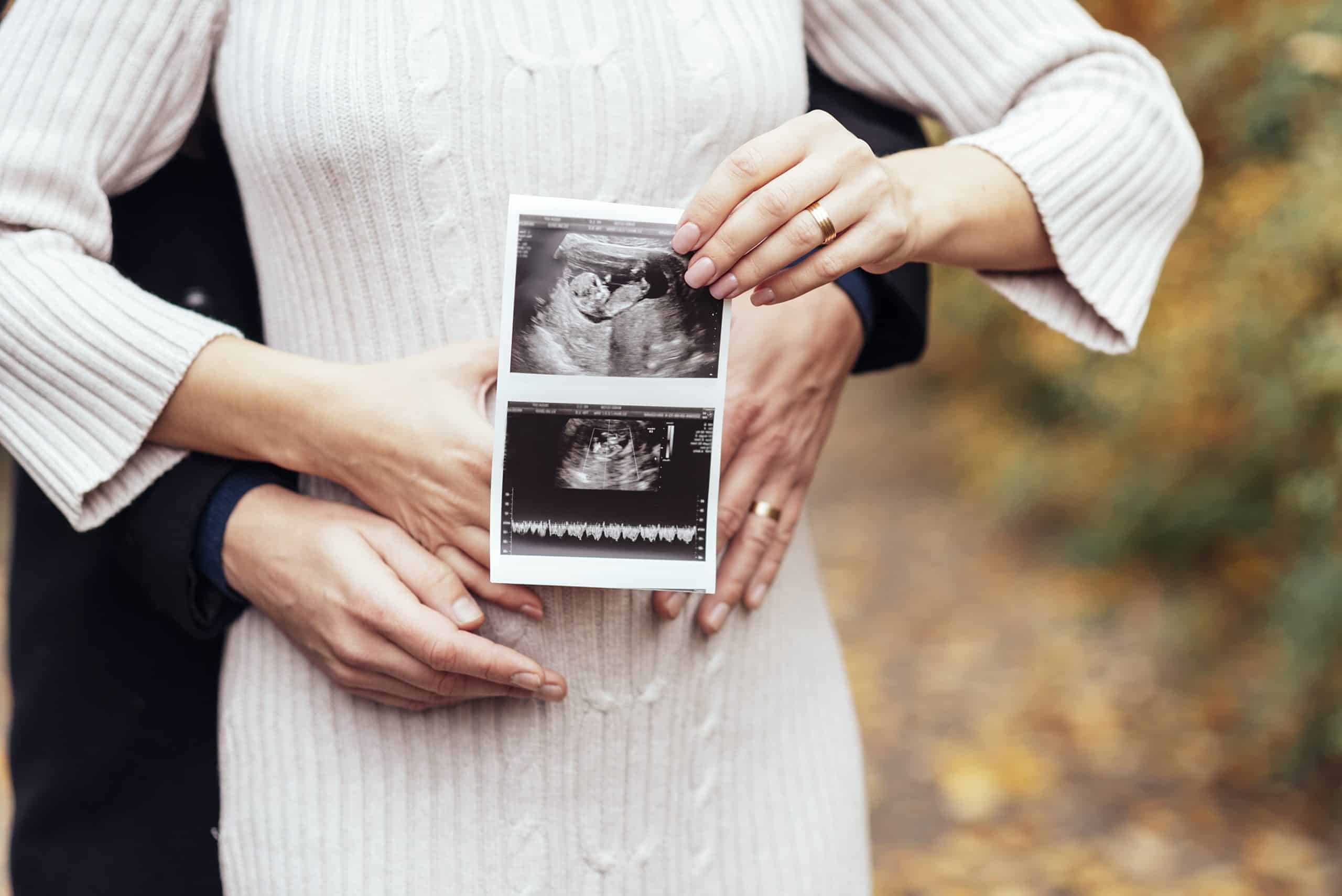How to Recognise Early Ectopic Pregnancy Signs?

How to Recognise Early Ectopic Pregnancy Signs?
Perhaps it’s common knowledge for everyone that pregnancies start with a fertilized egg attaching itself to the uterus lining. From that moment on, a new life begins, growing inside of a woman’s body.
However, atypical developments during the normal process of pregnancies may occur, like when the fertilized egg implants itself outside the uterus–an event commonly known as an ectopic pregnancy.
Detecting early ectopic pregnancy signs is crucial–because when the growing tissues and the structure where the egg was implanted rupture, internal bleeding can happen, putting the mother’s life on the line.
What is an Ectopic Pregnancy?
Ectopic pregnancy happens when an egg affixes itself to places other than the uterus, typically in the ovaries, cervix, or fallopian tube. An egg does not have the capability to thrive beyond the uterus, and experiencing an ectopic pregnancy may cause life-threatening conditions for the birth giver.
What makes this pregnancy complication even more dangerous is that it can go undetected, and signs usually show up between a woman’s 4th and 12th week. As the embryo inside the fallopian tube or ovaries enlarges, it can cause these organs to burst. Ruptures are serious and may require emergency surgery to repair any sustained damage.
This condition usually happens to women who have experienced ectopic pregnancy before or those who have a history of pelvic infection. Some women may not experience any symptoms at first and can only discover their ectopic pregnancy condition until receiving prenatal care or undergoing a routine pregnancy scan.
What Are the Risk Factors for Ectopic Pregnancy?
The following ectopic pregnancy risk factors can increase women’s likelihood of developing this condition:
- Infections. Sexually Transmitted Infections (STIs) such as chlamydia or gonorrhoea increase your risk of contracting Pelvic Inflammatory Disease (PID). When your uterus, ovaries or fallopian tubes get infected due to PID, it can increase your risk of developing ectopic pregnancy.
- History of ectopic pregnancy. Anyone who has experienced an ectopic pregnancy is at an increased risk of having another one.
- Endometriosis
- Previous pelvic, abdominal, or fallopian tube surgery
Recognising Early Signs and Symptoms
Women who have an ectopic pregnancy typically experience the usual early signs of a pregnancy, such as breast tenderness, missed periods, or nausea.
But the difference is that an ectopic pregnancy cannot progress as a typical pregnancy would.
Early ectopic pregnancy symptoms become more noticeable as the fertilized egg grows outside the uterus. The first warning signs of ectopic pregnancy include:
- Abdominal pain localised on one side
- Vaginal bleeding that’s different from regular periods. It starts, then stops, and can be dark brown or watery.
- Pain in the shoulder, rectum, or neck
- Dizziness or fainting
- Discomfort during urination or bowel movements
- Lower back painrination or bowel movements
When to Seek Medical Immediate Help
If left untreated and the fertilized egg continues to grow in an improper place, a rupture may occur. It triggers the emergency signs of ectopic pregnancy, requiring urgent medical attention such as:
- Signs of shock (dizziness, rapid heartbeat)
- Lightheadedness or fainting
- Severe abdominal pain, a sharp and intense pain
- Heavy bleeding
Contact a healthcare provider immediately if you experience any of these symptoms.
How Ectopic Pregnancy is Diagnosed

Symptom investigation is not enough for ectopic pregnancy detection. Exams and assessments may be necessary to confirm the diagnosis and ensure the proper course of treatment.
Blood tests to check hormone levels
Part of ectopic pregnancy diagnosis is drawing blood samples to check a woman’s pregnancy hormone, specifically the human chorionic gonadotropin (hCG).
hCGs are lower in ectopic pregnancies versus healthy pregnancies. Checking for its levels via blood tests can help determine the occurrence of an ectopic pregnancy.
Ultrasound scans to locate the pregnancy
A transvaginal ultrasound allows your OB-Gynae to locate where the fertilized egg grows. In this procedure, a small device will be inserted into the vagina, where you and your doctor can see an image of your reproductive organs and find out any complications.
Pelvic exams
Conducting pelvic exams can help support your healthcare provider’s diagnosis by identifying tender and painful areas or locating a mass in the ovary or fallopian tube. While the exam is helpful, a blood test and an ultrasound still confirm the findings best.
Treatment Options for Ectopic Pregnancy
Medication (methotrexate)
A medicine like methotrexate stops the development of a pregnancy and is administered via an injection into the buttocks. You will need to undergo regular blood tests to monitor the effectiveness of the medication and be followed up closely. If the treatment does not work, surgery or a second dose may be necessary.
Surgery (laparoscopy, laparotomy)
Another ectopic pregnancy treatment would be surgeries like laparoscopy and laparotomy.
Laparoscopy, otherwise known as keyhole surgery, is a minimally invasive surgery where small incisions are made in your stomach while you’re under general anaesthetic. The laparoscopy, which is a thin viewing tube, is inserted into the cut to fix or remove any damage in an affected area (for ex., the fallopian tube).
However, if rupture has already occurred, emergency surgery may be needed, specifically a laparotomy where a larger cut will be performed in the stomach.
Preventing Future Ectopic Pregnancies
Healthy reproductive health habits can help reduce the risk of ectopic pregnancy. Such practices include regular visits with your doctor, undergoing gynaecological exams and STD screenings. It would also be ideal to practice safe sex to lower the chances of contracting an infection, which is a risk factor for this pregnancy complication.
Preventing ectopic pregnancy also requires lifestyle changes, especially quitting smoking habits.
Catch ectopic pregnancies early, consult with a trusted OB-Gyne clinic in Singapore clinic in Singapore
Early ectopic pregnancy signs can progress into an alarming medical emergency if left unattended. It would be best to schedule regular pregnancy checkups with your doctor to recognise, diagnose, and treat ectopic pregnancies in the early stages.
If you’re experiencing any ectopic pregnancy symptoms, especially if suspecting a rupture, contact your healthcare provider for immediate evaluation and care.
Led by Dr Sheri Lim, Eden Women’s Health offers women’s wellness, gynaecological, and obstetrics services that prioritise compassionate care for our patients. Our team ensures that you are in the most caring hands.
Schedule an appointment with us, and we’ll walk you through your pregnancy journey together.
